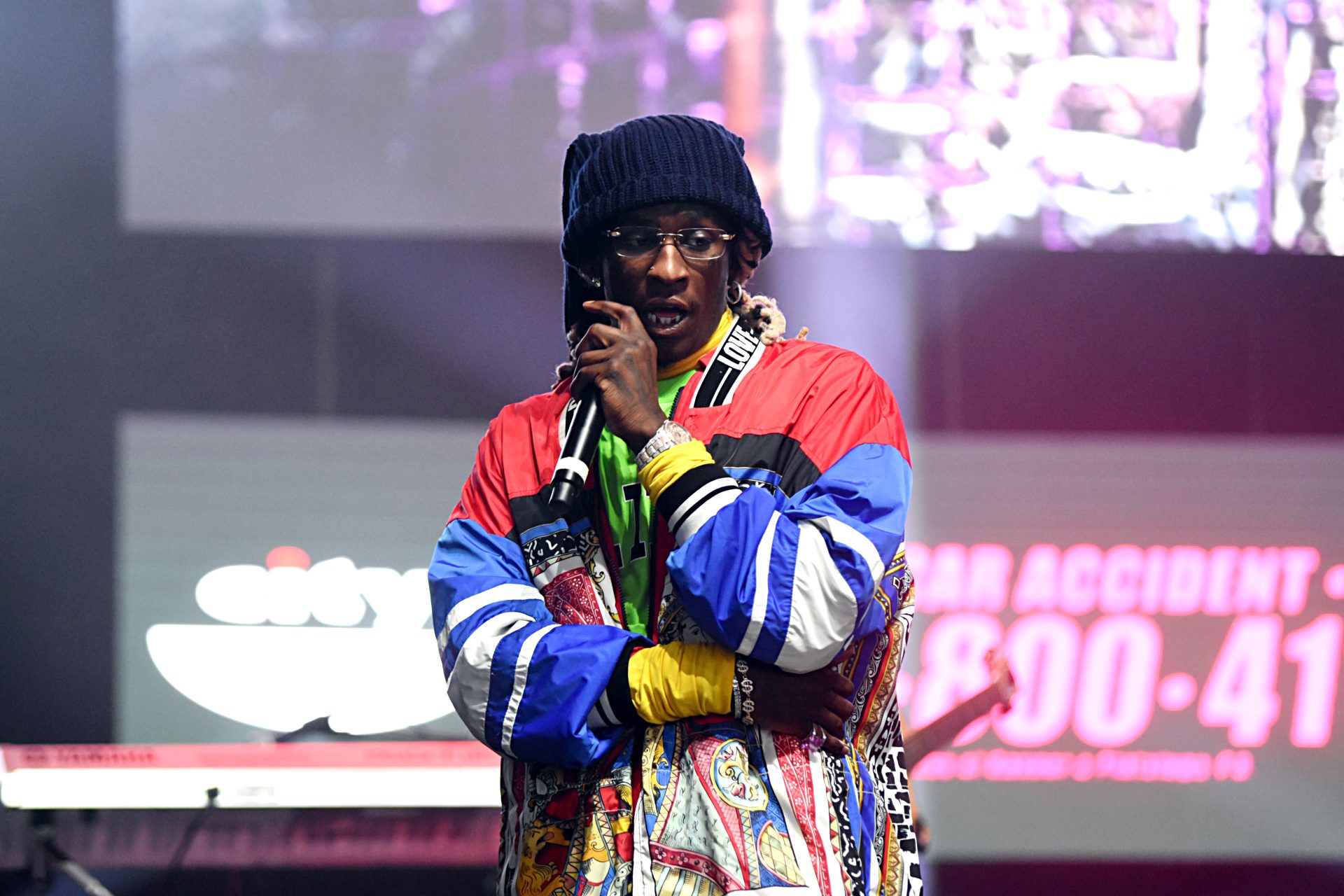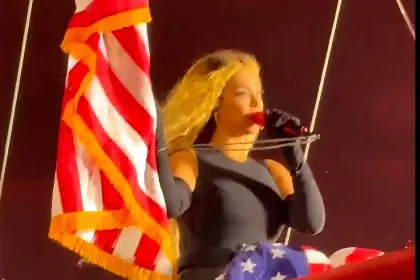Young Thug‘s acceptance of a groundbreaking plea deal marks a pivotal moment in hip-hop history. The Atlanta native, born Jeffrey Williams, faces an unprecedented 10-year exile from his hometown, coupled with a complex set of legal obligations. The agreement includes five years of time served, followed by an extensive 15-year probation period. This arrangement demonstrates the justice system’s evolving approach to high-profile cases, potentially setting new precedents for future legal proceedings involving music industry figures.
Details of the watershed deal
The comprehensive plea agreement outlines stringent conditions that reshape Young Thug‘s future both personally and professionally. Beyond the Atlanta ban, the artist must navigate a complex web of restrictions that impact every aspect of his life. The threat of a 20-year prison sentence looms if he violates any conditions, underscoring the gravity of his situation. His limited access to Atlanta is strictly confined to community service initiatives focusing on anti-gang and anti-violence education, while business-related travel requires explicit authorization. The deal’s framework reflects a deliberate attempt to separate the artist from his previous lifestyle while maintaining his ability to continue his career.
Family resistance and controversy
The Williams family’s response, particularly from patriarch Jeffrey Williams Sr., illuminates the deep personal impact of this legal decision. The father’s vocal opposition to the plea deal highlights the emotional toll on Young Thug’s immediate family and raises questions about the fairness of such geographic restrictions. Their concerns extend beyond personal inconvenience, touching on broader issues of justice system equity and the power dynamics between out-of-state prosecutors and local communities. The family’s perspective adds a crucial human dimension to what might otherwise be viewed as merely a legal proceeding.
Rehabilitation roadmap
The plea deal’s rehabilitation framework includes comprehensive restrictions designed to promote positive change. These measures encompass firearms prohibition, mandated distance from co-defendants (with specific exceptions for Gunna and Young Thug’s brother), regular drug screening and strict guidelines regarding gang-related content in his music. This structured approach represents a significant shift in how the justice system handles cases involving prominent artists, balancing punishment with rehabilitation opportunities.
Industry implications
The unprecedented nature of Young Thug’s plea deal sends ripples through the music industry, potentially influencing future legal proceedings involving artists. The case raises fundamental questions about artistic expression, personal freedom and the role of geographic restrictions in rehabilitation. As the industry watches how Young Thug navigates these new constraints, his experience may shape how similar cases are handled in the future, particularly regarding the balance between artist mobility and legal compliance.














